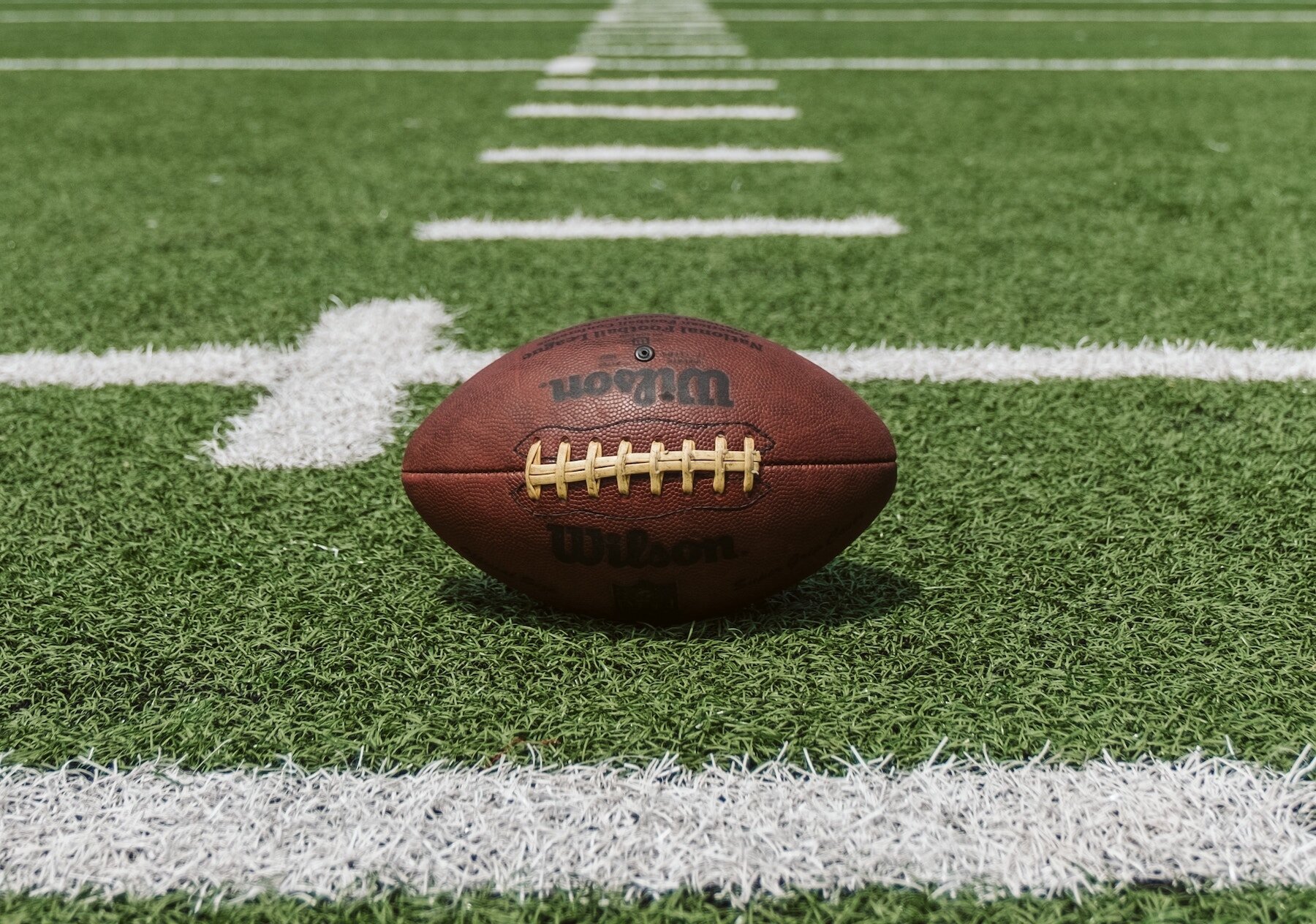Can Omega-3s (DHA) Really Protect My Brain From Concussions?
10 Minute Read | Written by Dave SpitzIn the US alone, more than 3 million people sustain a traumatic brain injury every year. According to a recent study, concussion rates in high school football games have been on the rise. While this shouldn’t come as a surprise, we were surprised to learn that while Football had the highest rate of concussions (10.4 per 10,000 exposures), women’s soccer follows closely behind at a rate of 8.19 per 10,000 exposures. It is important to note that over the same five year period concussion rates in football practice declined, likely due to a priority being placed on proper tackling technique but the overall rate rose during actual football games. [1]
When we work with football players both at the junior high, high school and pro level; we forge bonds and care deeply about their well being. As far as anyone can tell, you are your brain (unfortunately it’s not something we can live without). As strength & conditioning coaches it is our responsibility to improve each athletes resiliency to injury and that includes protecting their brain.
Concussion symptoms can run the gamut of mild to severe, they can include nausea, vomiting, sensitivity to light, problem sleeping, mood changes and loss of memory. Once the initial symptoms like nausea and sensitivity to light are cleared, the other symptoms are sometimes protracted. It’s the secondary pathogenic period to the brain trauma where symptoms can linger and be detrimental to the athlete’s success on the field and their potential long term well being. This prolonged pathogenic process is caused by neuro-inflammation and the most important remedy that we’ve found to reduce that inflammation so that you don’t linger in that state is high doses of DHA. The neuroprotective effects of DHA have been well studied and shown to “allow significantly improved resilience for the central nervous system to injury and optimized recovery”. [2] Selecting a quality brand will make all the difference in the efficacy of the supplement.
DHA Supplementation
So that brings to question, can omega-3 fatty acids, specifically DHA protect athletes from the negative effects of traumatic brain injuries like concussions? Let’s start by defining DHA. Docosahexaenoic acid is an omega-3 polyunsaturated fatty acid highly enriched in the brain and is recognized as an essential nutrient for brain function. In fact, DHA makes up over 90% of the omega-3 fatty acids in your brain and up to 25% of your brains total fat content. [3]
Having worked with American football players at all levels of play (junior high, high school, college and the NFL) over the past 11 years, we know first hand how important it is to prioritize the health and well being of our athletes. We have long held a believe based purely on anecdotal evidence that supplementation of large doses (upwards of 20x the prescribed dose) of omega-3 fatty acids containing high quality DHA in the form of fish oil has played a key role in helping our players return to play and now there is emerging research to back it up.
According to the Journal of Traditional Complimentary Medicine, “The brain tissue analysis of traumatic brain injury (TBI) models supplemented with omega-3 poly unsaturated fatty acids showed significantly reduced lipid peroxidation, nucleic acid and protein oxidation, thereby promoting neuronal and brain cell survival. Thus, omega-3 fatty acid intake could be considered as a therapeutic option to reduce the secondary neuronal damages initiated by TBI.”
This prolonged pathogenic process is caused by neuro-inflammation and the most important remedy that we’ve found to reduce that inflammation so that you don’t linger in that state is high doses of EPA and DHA. Selecting a quality brand will make all the difference in the efficacy of the supplement.
TCU Study
With the increased focus on studying brain trauma in sport, there have been several recently identified biomarkers signaling traumatic brain injury. Of those biomarkers, Neurofilament light polypeptide (NFL) has been suggested to be the most sensitive and specific marker in regard to detecting neuroaxonal injury in concussion.
Published in Journal of American College of Sports Medicine with research completed at Texas Christian University (TCU), this was the first large scale study examining potential use of DHA in American football athletes that identified an optimal dose of DHA demonstrated a neuroprotective effect. Over the course of this study, Serum NFL (biomarker of head trauma) increased significantly over the course of the season suggesting that some level of damage occurs in America football athletes in the absence of a concussion diagnosis. While this study has many limitations including sample size, the data presented demonstrated that “supplemental DHA likely attenuates the increase in serum NFL (biological marker of head trauma) suggesting a neuroprotective effect of DHA'‘.
This article is intended for general education purposes only and does not contain medical advice or a treatment plan. This article should not be used to self-diagnose or self-treat any health, medical, or physical condition. Before beginning any supplementation regiment, you must consult with your own healthcare professional.
TRAIN WITH US ONLINE
WHETHER YOU’RE JUST STARTING OUT OR A SEASONED PRO, WE HAVE A TRAINING SOLUTION FOR YOU.


